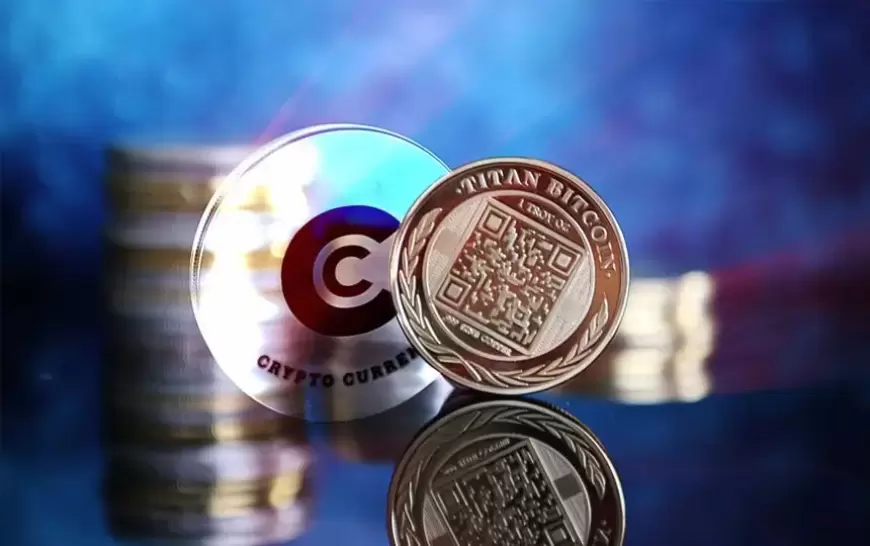Unveiling ZKNation and ZKS Token Distribution
ZKsync's launch of ZKNation and the upcoming ZKS token distribution mark a significant step towards decentralized governance. With a robust governance framework and impressive growth, ZKsync aims to empower its community and shape the future of blockchain technology.

Introduction of ZKNation: A New Era of Decentralized Governance
This week marks a significant milestone for the ZKsync protocol with the launch of ZKNation, a new governance community empowering participants to actively engage in the development and governance of the protocol. Through ZKNation, token holders can delegate authority, propose upgrades, negotiate on key issues, and vote using the on-chain governance framework.
ZKNation: Advancing Freedom and Innovation in the ZKsync Ecosystem
ZKNation aims to uphold the principles of the ZK Credo by fostering freedom and innovation. This initiative addresses the growing demand for decentralized governance in blockchain technology, uniting individuals, organizations, and technologies to drive progress and economic growth. The introduction of ZKS tokens further empowers community members to participate actively in shaping the protocol's future.
ZKsync's Impressive Growth and Scalability
Since its mainnet launch in March 2023, ZKsync has demonstrated remarkable scalability, offering high throughput, low fees, and support for interoperable ZK Chains. With over 6 million wallet addresses registered and more than 350 million transactions validated, ZKsync has proven its potential to make Ethereum more accessible and influence the future of the internet.
A Robust Governance Framework for ZKsync's Success
The ZKS token enables community members to contribute meaningfully through ZKNation's on-chain governance system. This system comprises three main bodies: the Token Assembly, the Security Council, and the Guardians. These entities collaborate within various legal structures to interact with ZKsync's smart contracts and coordination channels.
The Token Assembly, consisting of token holders, can delegate their voting rights or vote directly on proposals that govern the protocol. The Guardians, a group of at least five individuals, protect the values of the ZK Credo and have veto power and emergency action capabilities. The Security Council, composed of technical experts, ensures the protocol's technical security and can freeze it in response to threats.


































